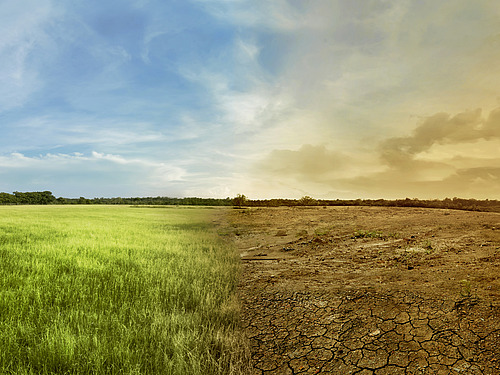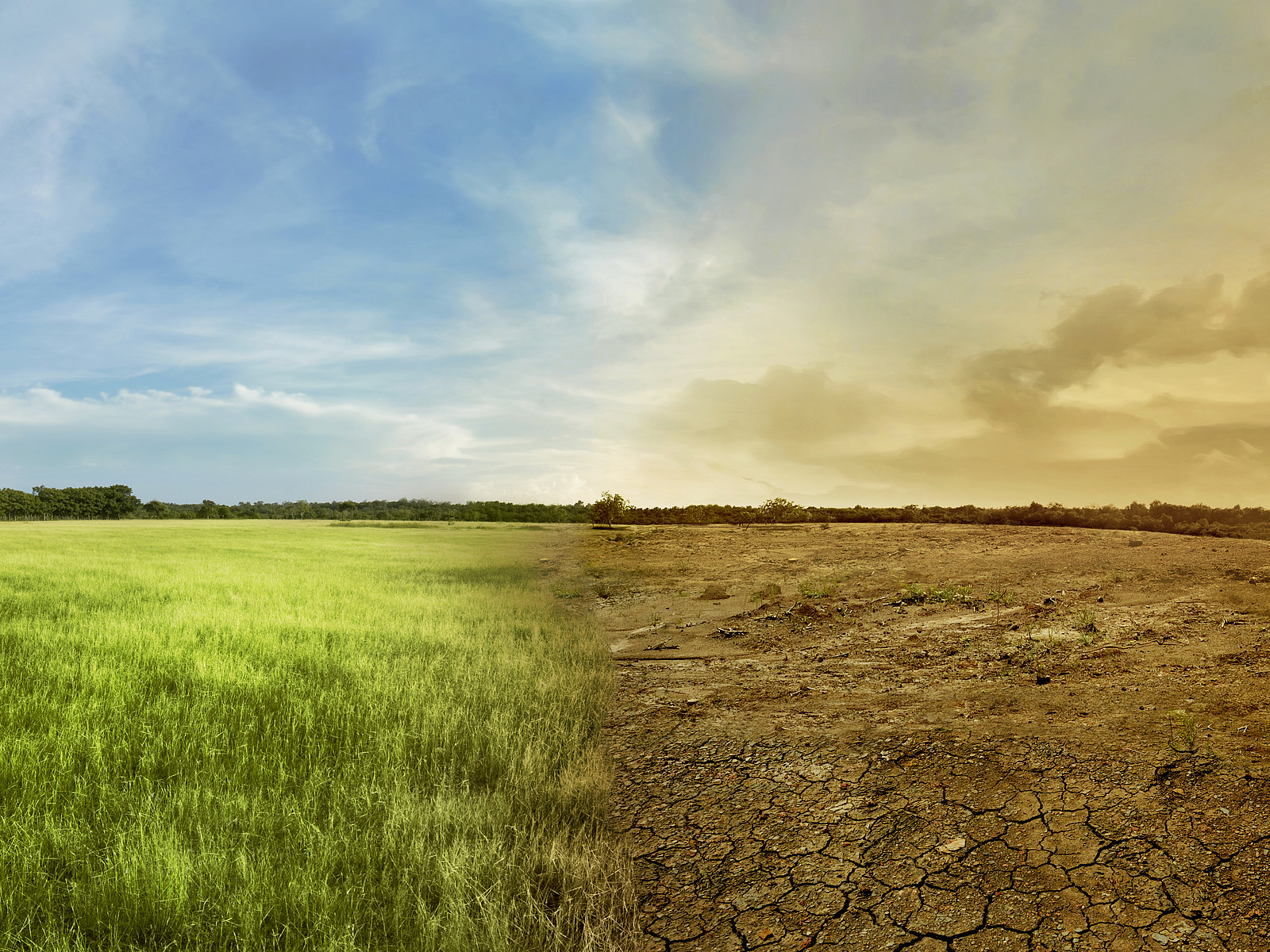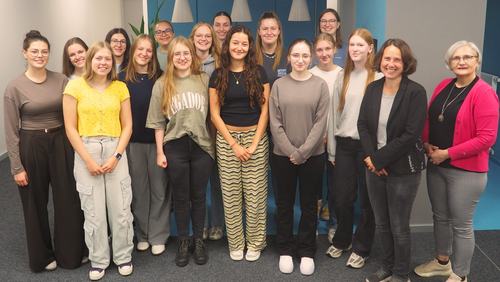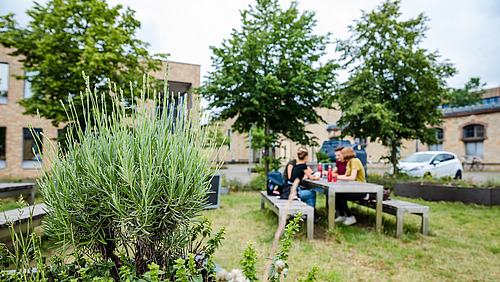"With our series, we want to make scientific findings and the resulting opportunities for action for a sustainable way of life accessible to a broad public," says Prof. Dr. Chadi Touma from the School of Biology/Chemistry at Osnabrück University.
Prof. Dr. Stefan Taeger and Malte Schünemann from the Faculty of Agricultural Sciences and Landscape Architecture at Osnabrück University of Applied Sciences will kick off the series of events on Wednesday, October 29 with the topic "Coping with heavy rain hazards at municipal level - strategies and building blocks for implementation". Other presentations will be devoted to the topics of battery storage, biogas and nutrition.
The free events are aimed at interested members of the public and will take place as usual in lecture hall 01/E01, Kolpingstr. 7, at Osnabrück University at 7 p.m. Admission is from 6.30 p.m. onwards.
The lectures will be accessible via live stream and later also via video recording. This can be done via the homepage of the S4F regional group at https://osnabrueck.scientists4future.org/klimawandel-und-klimaschutz/
The events at a glance:
October 29: "Heavy rain hazards at municipal level - strategies and building blocks for implementation", Prof. Dr. Stefan Taeger and Malte Schünemann, Osnabrück University of Applied Sciences, Faculty of Agricultural Sciences and Landscape Architecture
November 12: "Back to the future - With battery storage into the new energy age", Dr. Andreas Piepenbrink, E3/DC, HagerEnergy GmbH Osnabrück
26 November: "Biogas - phase-out model or indispensable multiplayer for the energy transition?", Prof. Dr. Sandra Rosenberger, Osnabrück University of Applied Sciences, Faculty of Engineering and Computer Science
10 December: "Policy advice in the field of biodiversity conservation: national and international experiences", Prof. Dr. Josef Settele, Department of Nature Conservation Research, Helmholtz Centre for Environmental Research, Halle
January 7: "Feeding for Future - Nutrition and food choices in the context of sustainability and planetary boundaries", Prof. Dr. med. Anja Kroke, Fulda University of Applied Sciences, Schools of Ecotrophology
21 January: "Green cities for the future: promoting biodiversity and climate resilience", Prof. Dr. Kathrin Kiehl, Osnabrück University of Applied Sciences, Faculty of Agricultural Sciences and Landscape Architecture
Further information for the media:
Prof. Dr. Chadi Touma, Osnabrück University
School of Biology/Chemistry
E-Mail: chadi.touma@uni-osnabrueck.de





